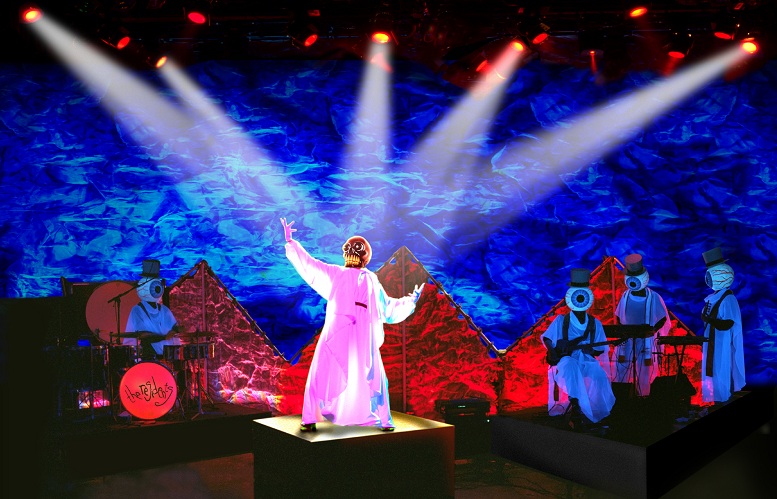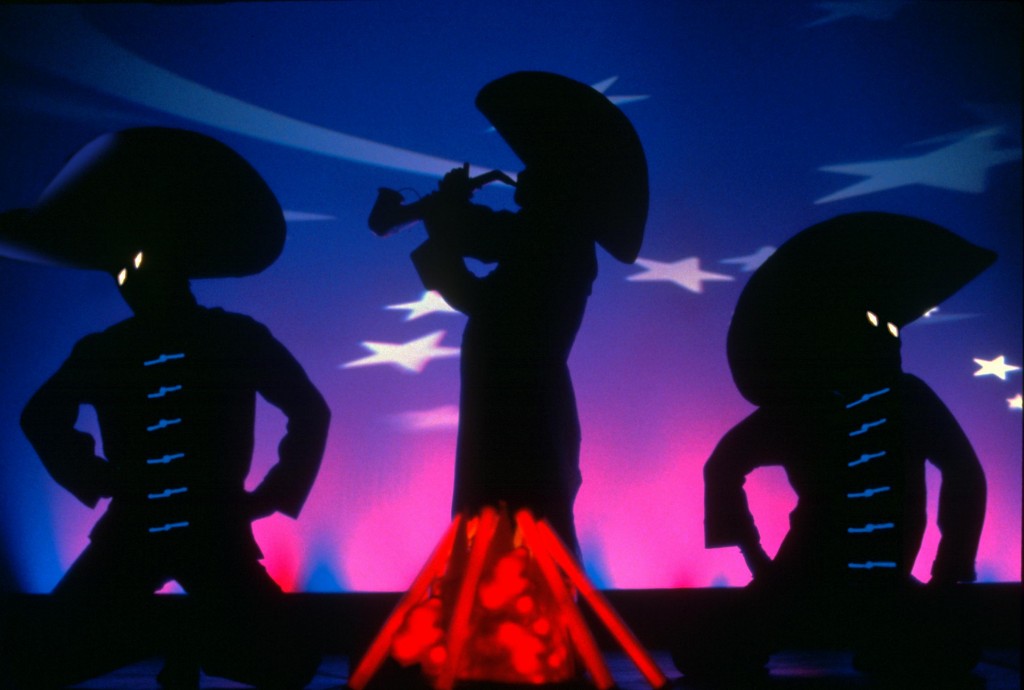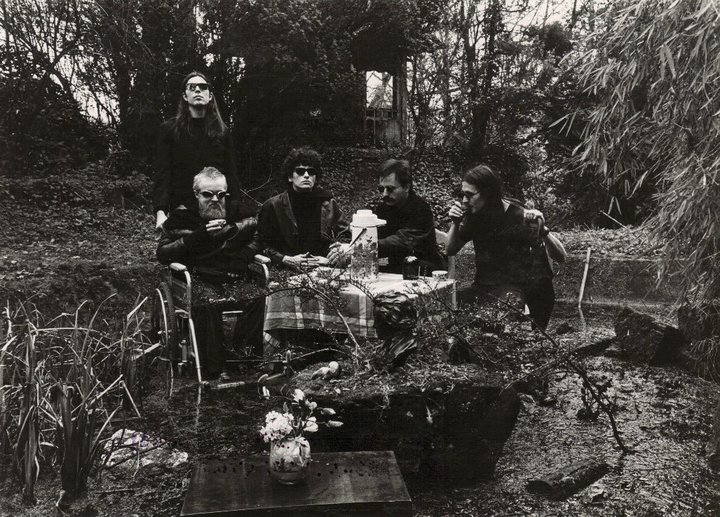The second and final installment on my overview of The Residents work. If you’ve not read it yet, check out part one.
Oh…1990s Residents. This is where we see concept overreach musical execution. It’s a shame, as we end up with some of the most interesting ideas being explored over these albums, and the band embracing the new MIDI technology is certainly admirable. They also embraced video gaming in a big way, and over the course of three albums (starting with 1991’s Freak Show and ending with 1996’s Have a Bad Day) created several ambitious multimedia pieces that are hard to separate from their interactive counterpart. The only one that properly approaches a standard game would be Bad Day on the Midway – for which Have a Bad Day is the soundtrack. I’ve played it several times (it’s a timed game so you have to play several times to discover the stories for all the different characters) and thoroughly enjoyed it, but separating the music from the game unfortunately severely impacts it. This is really noticeable for me when I listen to 1994’s The Gingerbread Man, as I’ve not played the game. Given the music involves reinterpretation of the same motif over and over again, it can get a little grating and even boring. I only wonder what it would be like to engage with the entire work.





